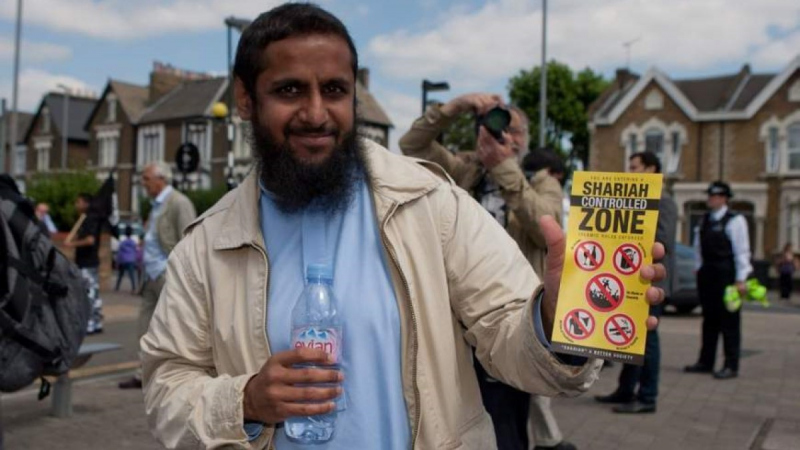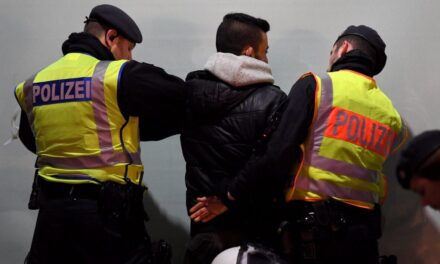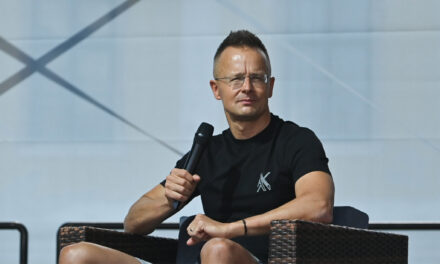According to an article in The Spectator, the city of Södertälje, with a population of 100,000, had as many people shot dead last year as the whole of London.
Hardly a day goes by in Stockholm without shootings or explosions. In the past few days, the residents of the housing estates in one part of the city were informed about what they should do if their building becomes the target of a bomb attack, according to an article in The Spectator .
On the portal it is written:
under Swedish law, children under the age of fifteen cannot be sentenced to criminal law, and older teenagers rarely receive more than four years of "forced drug treatment," so mobsters are now recruiting young people, arming them with thermos bombs or guns, and sending them as soldiers in their gang wars.
The country's liberal criminal justice system and the fact that the police had never been trained to deal with such problems made life comfortable for new gangs in immigrant neighborhoods. The latest story to terrify Sweden is connected to the suburb of Botkyrka, located southwest of Stockholm.
Almost half of the population there live in so-called "dangerous areas" - the police politely call places where migrants are the majority and where criminal syndicates exert significant pressure on other residents. Many of Botkyrka's children, disproportionately from immigrant backgrounds, are easy prey for criminal gangs.
According to the article, few initiatives have gone as badly as Sweden's publicly funded youth centers. In Botkyrka, instead of keeping children off the streets, they became a base for gang criminals. When not committing crimes, gang members spent night after night playing video games at the centers, police said, and the thugs showed up wearing bulletproof vests.
Mayor Ebba Östlin, who belongs to the center-left Social Democrats, decided last year that these places had become part of the problem and should be closed. "A few weeks ago, Östlin suddenly resigned at the meeting of his local party. His supporters claim that his party was infiltrated by those who wanted to punish him for standing up against organized crime. Fifty new party members appeared at the meeting, several of whom were found to be connected to Botkyrka's criminal gangs. The Social Democratic Party denies the infiltration and claims that it was simply internal dissatisfaction with Östlin's leadership. But journalists' investigations have found that the new leadership is at least in a position to owe local criminals a debt of gratitude for helping to oust him from power," writes the journalist in the Spectator.
The entire article from Mandiner.hu can be read here.
Image illustration: MTI/EPA













